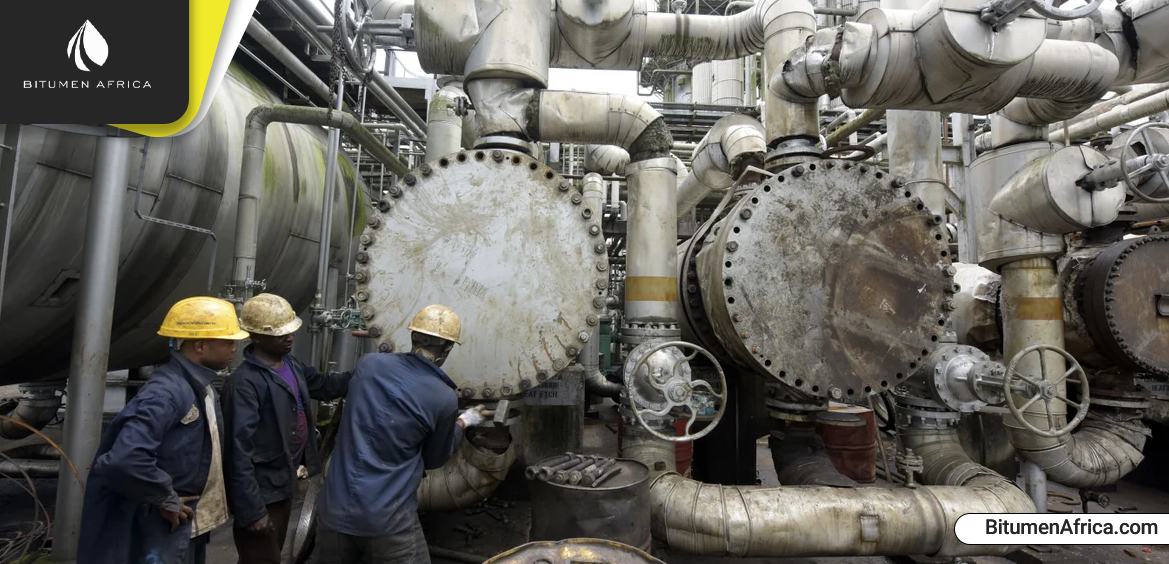Nigeria is gearing up for a pivotal moment in its energy sector. On December 1, the country will open its 2025 oil licensing round, marking a bold shift in how upstream petroleum deals are managed. The Upstream Petroleum Regulatory Commission (NUPRC), now stepping into a role once dominated by the state-run Nigerian National Petroleum Company (NNPC), is leading the charge.
🇳🇬 This move reflects President Bola Tinubu’s broader ambition to boost oil output, attract foreign investment, and steer the economy toward his ambitious $1-trillion target. At a launch event in London, NUPRC chief Gbenga Komolafe described the round as a “fresh phase” under the Petroleum Industry Act (PIA), emphasizing the commission’s new role as a “business enabler” connecting investors, lenders, and operators.
💰 Financing remains the biggest hurdle, but the government is betting that tighter regulatory control and increased transparency will help reverse years of underinvestment and rampant oil theft. The shift in contract oversight from NNPC to NUPRC is a strategic power play designed to restore investor confidence and streamline upstream operations.
📊 Early signs of recovery are already visible. This year, NUPRC approved 46 field development plans, and Nigeria’s active rig count has climbed above 60. Crude output has risen to 1.71 million barrels per day, peaking at 1.83 million. Major final investment decisions—including $5 billion for Bonga North, $500 million for Ubeta Gas, and $2 billion for Shell’s HI Gas project—signal renewed optimism.
🗣️ Parliament leaders used the forum to reassure investors that the PIA is here to stay, aiming to provide the stability needed for long-term planning. Whether this promise holds after years of shifting policies remains to be seen.
🎯 If successful, Nigeria could finally achieve its long-standing goal of restoring production above 2 million barrels per day—while empowering its regulator to play a decisive role in shaping the future of the country’s oil industry.

